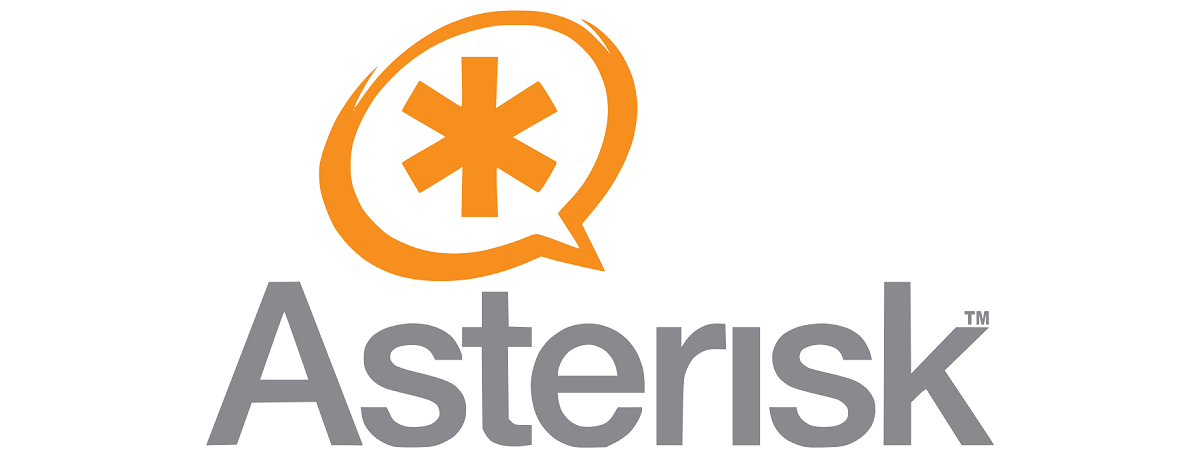
Asterisk is a free software program that provides features of a telephone exchange
After a year of development the release of the new stable branch of the open communication platform Asterisk 20Which is classified as an extended support release (LTS), which will receive updates for five years instead of the usual two years for regular releases.
Support for the previous LTS branch of Asterisk 18 will last until October 2025, and support for the Asterisk 16 branch until October 2023. LTS releases focus on stability and performance optimizations, while regular releases prioritize feature enhancements.
For those who are not familiar with Asterisk, you should know that it is used to implement software PBXs, voice communication systems, VoIP gateways, organize IVR (voice menu) systems, voice mail, conference calls and call centers.
Asterisk 20 main news
In this new version added a test framework that allows checking the correctness of command processing by external processes, plus more options were added to initiate a transfer, such as playing your own invitation or installing extensions.
Another change that is presented in this new version of Asterisk 20 is in AMI (Asterisk Manager Interface) that now has the ability to globally disable certain events (The disabled events directive has appeared in the [general] section of the configuration file.)
It is also noted that it was implemented a new DeadlockStart event generated when a deadlock is defined, Besides that se added DBPrefixGet action to retrieve from the database all keys beginning with a given prefix.
Furthermore, we can find the command «dialplan eval function« to the CLI to execute call handling functions (dial plan) and the command «module refresh» for reloading modules, pbx helper app to make it easier to find and start other apps by name and added EXPORT function to write variables and functions for other channels (new TRIM, LTRIM and RTRIM string functions added) .
The applications Bridge and BridgeWait have added the ability to not respond to a channel until the channels have been bridged and an option has been added to the voicemail app (app_voicemail) to protect messages from deletion.
On the other hand, it highlights the ability to disable CDR (Call Detail Recording) by default for new channels and that added the ability to play an arbitrary sound file in response to the presence detector of the answering machine (AMD).
Of the other changes that stand out from this new version of Asterisk 20:
- The res_pjsip implements support for reloading TLS keys and certificates.
- Added sound scrambling feature (to protect against eavesdropping).
- Extended means of determining location (res_geolocation).
- app_queue added support for playing music on hold for calls.
- An option has been added to the module res_parking to override dial plan music that plays while a call is on hold.
- Added an option end_marked_any to the application app_confbridge to drop users from a conference after any dialed user leaves.
- Added option HEAR_OWN_JOIN_SOUND to disable the sound prompt for an individual user to join a call.
- App added ReceiveText to receive text, which performs the opposite function of the SendText application.
Added a function to parse JSON. - App added SendMF to send an arbitrary multi-frequency signal (R1 MF, multi-frequency) to any channel.
- Added ToneScan module to detect signals (tone dialing, busy signal, modem answer, special information tones, etc.).
- Removed apps previously marked deprecated: muted, conf2ael.
- Removal of modules previously marked as obsolete
Finally if you want to know more about it about this new version, you can check the details In the following link.
As for the packages of this new version, you can find them In the following link.